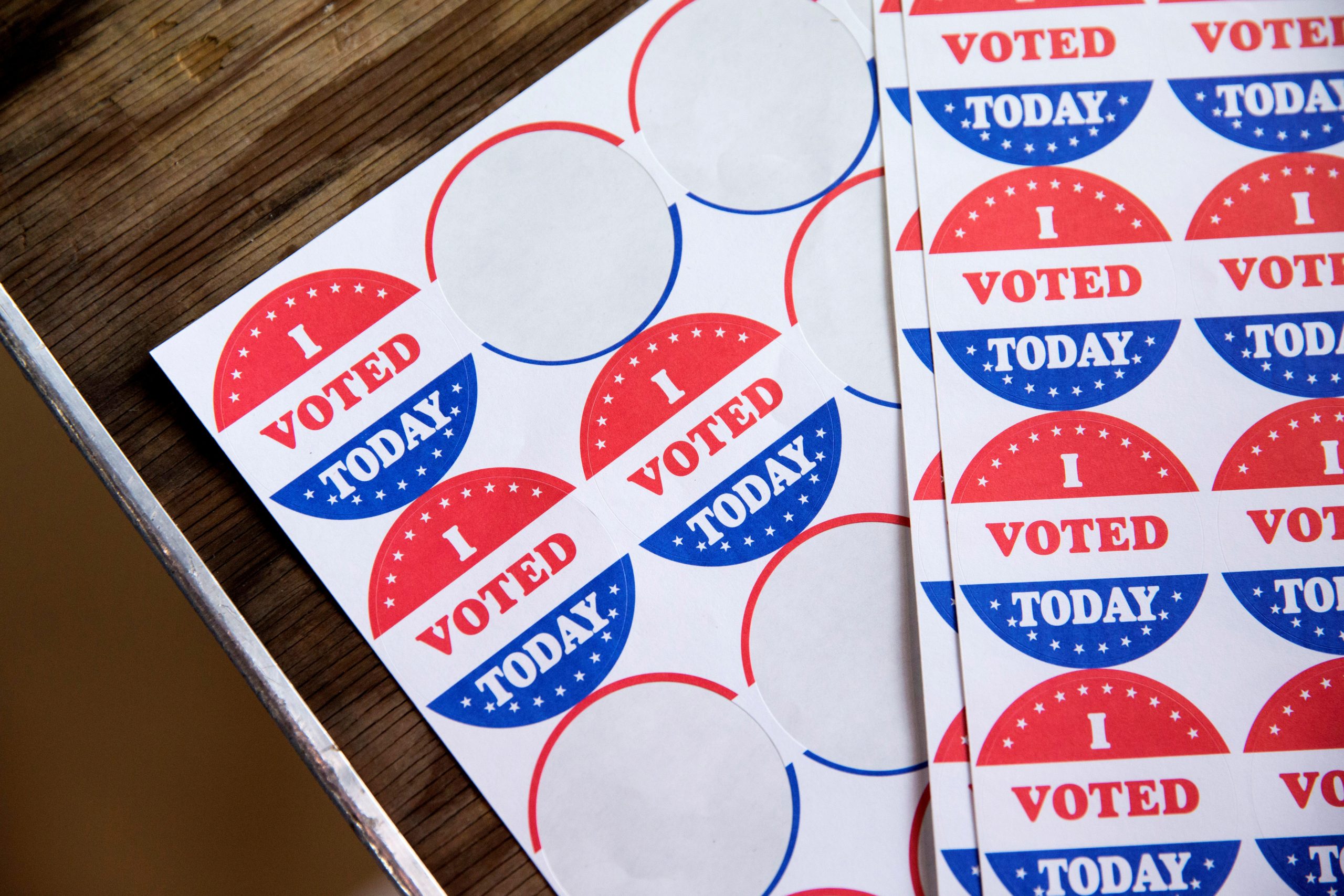Republican Vermont Gov. Phil Scott vetoed a pair of bills earlier this week that would have allowed noncitizens to vote in local races for Montpelier and Winooski, but the governor still appears to support the general concept.
“I understand these charter changes are well-intentioned, but I ask the Legislature to revisit the issue of non-citizen voting in a more comprehensive manner and develop a statewide policy or a uniform template and process for those municipalities wishing to grant the right of voting in local elections to all legal residents,” Scott said in both veto letters to Clerk of the Vermont House of Representatives BetsyAnn Wrask.
The argument in favor of having legal residents who are not United States citizens participate in local elections is that those who may already play an active role in their communities should have a say in who is elected to represent them.
Democratic state Sen. Kesha Ram told WCAX-TV that allowing noncitizens to vote would add crucial voices to the local political conversation.
“Once you can vote, you can have a voice, you can shape policy, you can change the agenda,” she said.
“You feel more ownership in your community over really important decisions and that makes you more likely to want to stay in that community and make it better,” Ram added.
If the bills were signed into law, the governor argued in his veto letters that they would create “inconsistency in election policy.”
“This is an important policy discussion that deserves further consideration and debate. Allowing a highly variable town-by-town approach to municipal voting creates inconsistency in election policy, as well as separate and unequal classes of residents potentially eligible to vote on local issues,” Scott wrote.
“I believe it is the role of the Legislature to establish clarity and consistency on this matter. This should include defining how municipalities determine which legal residents may vote on local issues, as well as specifying the local matters they may vote on. Returning these bills provides the opportunity to do this important work.”
As the policy is considered to be fairly popular among left-leaning Vermont residents, there is a good chance that legislators could override the vetos.
“You can bet we’ll be back for a veto session,” Democratic state Senate President Pro Tempore Becca Balint said, according to Seven Days.
Considering Scott is leading a state that elected democratic socialist Sen. Bernie Sanders, it’s not all that surprising that he would be willing to compromise on an issue like this one, despite the vetos.
He currently holds the record for the most vetos of any governor in the history of the state at 23 rejections, the Burlington Free Press reported.
However, Scott’s stance articulated in the letter is markedly different from that of many Republicans and conservatives around the country.
Following the heated aftermath of the 2020 election, Republican lawmakers in several states have promoted and sometimes passed laws meant to reform the voting process.
The thought of noncitizens voting would be unthinkable in almost any other state with a Republican governor, but New England politics seem to always present unique scenarios like this one.
If the veto is overridden or a compromise is achieved, it would make headlines for fundamentally altering a privilege that is a hallmark of being a United States citizen.
This article appeared originally on The Western Journal.

























 Continue with Google
Continue with Google